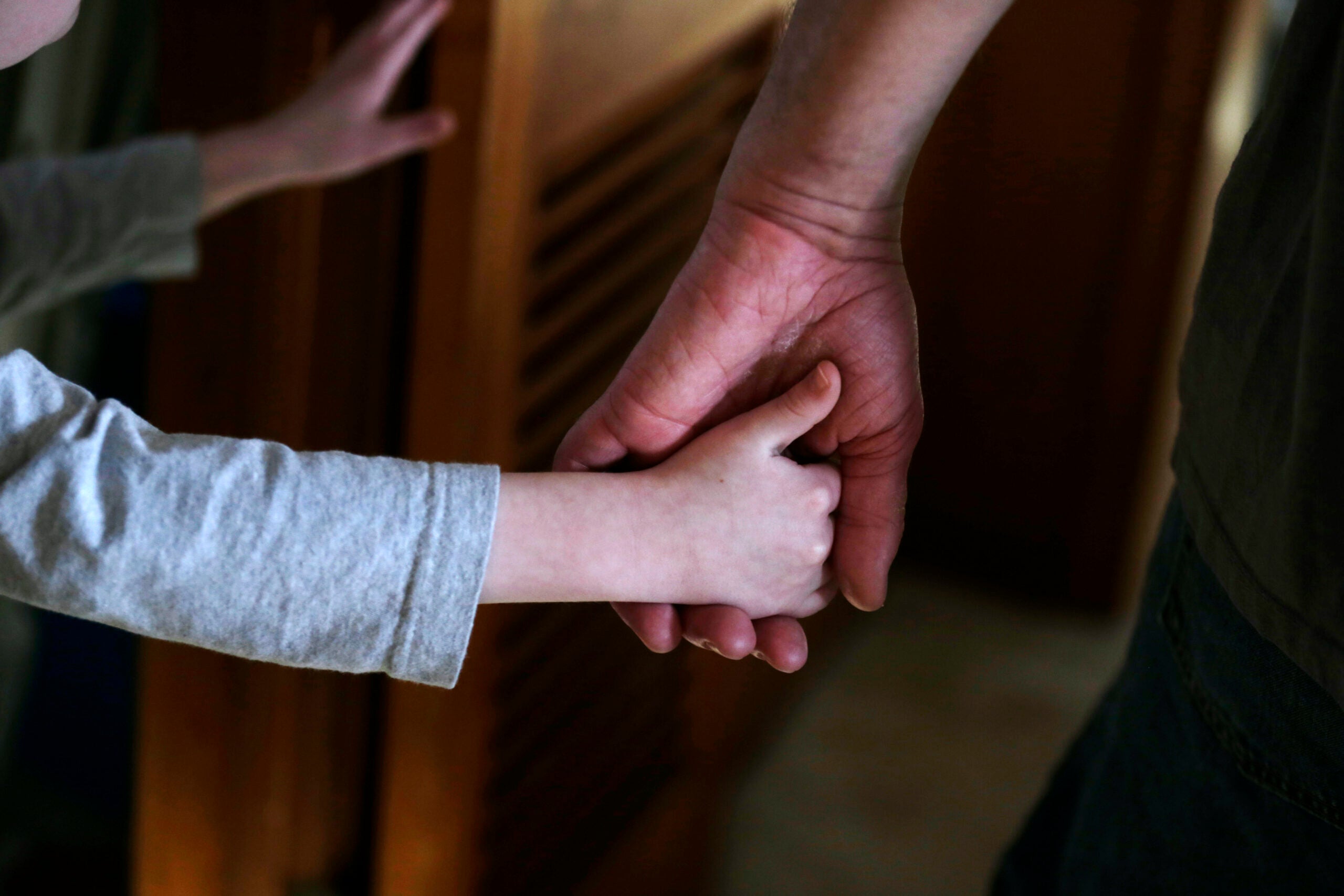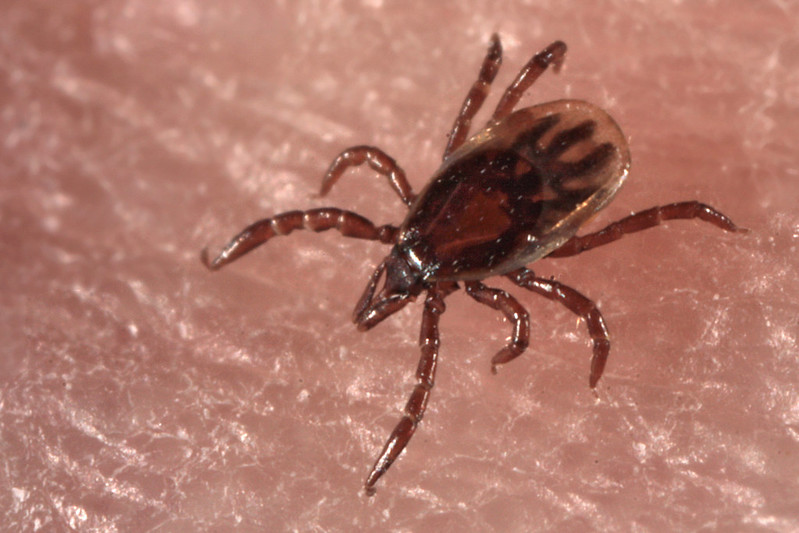A National Geographic correspondent shares her journey from NFL cheerleader to earning the title, “female Indiana Jones.” Veronica Rueckert and Rob Ferrett also ask why Wisconsinites love the game of Euchre, discuss a new report on adolescent health worldwide, and check in on the tick season, which is just starting.
Featured in this Show
-
Despite Harsh Winter, No Downtick In State Tick Population
A University of Wisconsin-Madison entomologist said that the state’s tick population went relatively unaffected by this year’s extreme winter.
Susan Paskewitz, a professor of entomology at the UW-Madison, said she’s heard from a lot of people who hope the cold winter months might have put a dent in the state’s population of disease-carrying ticks.
“I wish that were the case, I really do,” she said. “Unfortunately, I’m afraid that deer ticks in Wisconsin are probably pretty adapted to these kinds of cold winters.”
She said Wisconsin’s ticks keep warm and cozy, even in harsh seasonal conditions.
“We had a lot snow cover,” she said. “I’m sure they’re nestled under the snow and in the first couple inches of the leaf litter in the soil, and fairly well protected.”
Paskewitz said there’s already evidence that deer ticks will be back. In a survey of a small area in Dane County in early April, she and her team picked up 50 ticks.
The big worry about deer ticks is the threat of diseases they can transmit — in particular, Lyme disease. Paskewitz said Wisconsin’s ticks are more likely to carry the disease than they were in the past.
“The infection rates in the ticks have been going up,” she said. “So, where in the middle 1990s, maybe I was seeing 8 to 12 percent of ticks were infected, now it’s more like 20 to 25 percent, all the way up to 50 to 75 percent of the adults.”
On top of the growing rate of Lyme disease infection, she said the geographic spread is increasing, as the ticks and the disease spread from northwestern Wisconsin to southern and eastern parts of the state.
“We worry that ticks have been moving into new areas where people and health practitioners are maybe not as aware,” she said.
Paskewitz said there’s a lot Wisconsinites can do to avoid being infected by ticks:
- At home: “You can certainly change your yard in some ways that make it less likely to be a good habitat for the ticks. Put your children’s play equipment in the middle of an open grassy area, rather than in the woods.” she said.
- When hiking: “Stay in the middle of a hard-packed trail and not go up to the sides and brush against the vegetation,” she said.
- When clearing brush or working in wooded areas: “When my team and I go out, we tuck our pants into our socks, or else we where rubber knee boots,” she said.
- When you spot a tick on you: “You should remove the tick as quickly as possible, so you want to get some forceps or some tweezers. Get close down to where the tick is embedded inyour skin,. Exert gentle backward pressure. You don’t want to rip it out too fast cause you don’t want to leave the mouth parts in your skin and you don’t want to force the content of the tick’s guts into your system,” she said.
- In case of prolonged exposure: “In Wisconsin, if that tick had been on you for at least 36 hours, you should now go to your doctor and get a prophylactic treatment. You should get antibiotics, regardless of whether you have symptoms or not,” she said.
- At home: “You can certainly change your yard in some ways that make it less likely to be a good habitat for the ticks. Put your children’s play equipment in the middle of an open grassy area, rather than in the woods.” she said.
-
National Geographic Correspondent Shares Her Journey
Our guest has been called a conservationist, primatologist, and a female Indiana Jones. We’ll hear about how her career path led her from NFL cheerleader to Fulbright scholar and a correspondent for National Geographic TV.
-
World Health Organization's Adolescent Health Report
The World Health Organization just released its report, “Health for the World’s Adolescents.” An expert on adolescent health explains the report’s findings and what we can do to better teen health worldwide.
-
2014 Tick Outlook
After a long, cold winter, people are finally getting back outside…but warmer weather also means ticks. An entomologist discusses the outlook for ticks in Wisconsin this summer, and what to watch out for.
Episode Credits
- Rob Ferrett Host
- Veronica Rueckert Host
- Susan Paskewitz Guest
- Mireya Mayor Guest
- Elizabeth Saewyc Guest
- Amanda Magnus Producer
- Chris Malina Producer
Wisconsin Public Radio, © Copyright 2024, Board of Regents of the University of Wisconsin System and Wisconsin Educational Communications Board.




